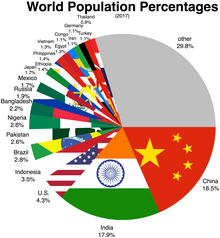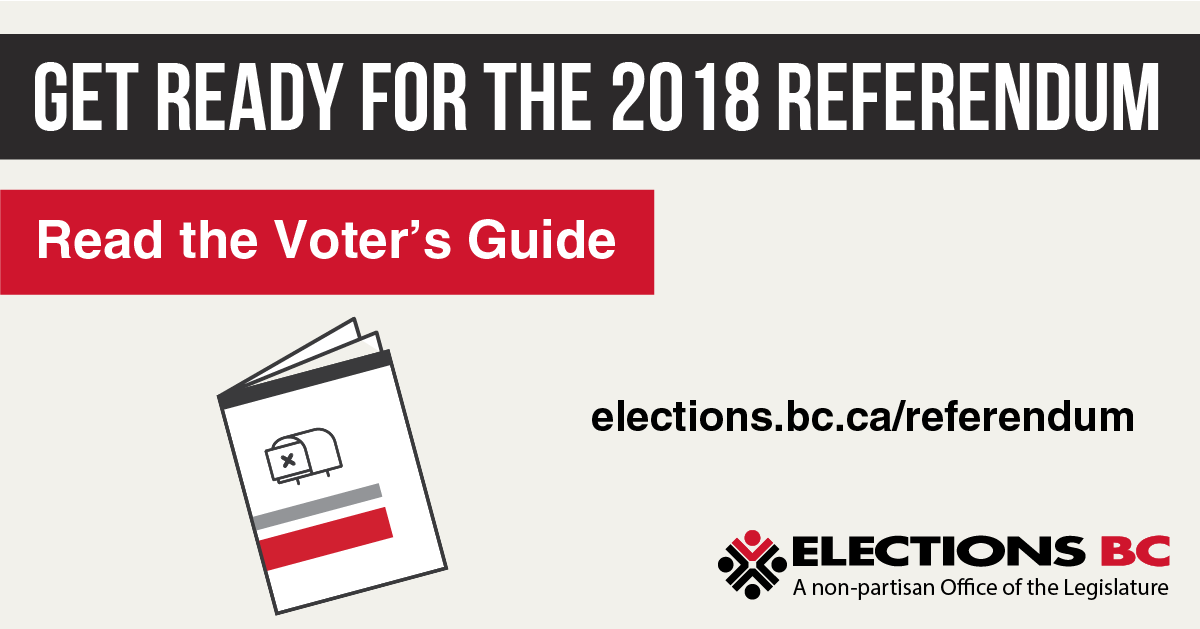Take the Gapminder 2018 Test
Part 1 – Take the Test
If you’re in my Social Studies 10 class, please take the Gapminder test by clicking here. The Gapminder project, created by the late Hans Rosling, is a non-profit organization created to fight misconceptions about the way we view our world and its global development. Now that we are studying standards of living in Socials, it is important to sort through information and look at the facts!
Once you have taken the test, feel free to check out the other resources available here before we reconvene as a class.
Part 2 – New Insights on Poverty
In this clip, Hans Rosling shows participants how to use the Dollar Street tool to inform us of how poverty looks around the world.
Now lets use the tool! Click here to access the dollar street site and explore the different households. Of these households, make observations of what makes the poorest poor and the richest rich; think of it as levels 1,2,3,4 of wealth. Record these observations onto the sticky notes provided and stick them to the whiteboard along the scale at the back of the class. To be discussed in more detail.





